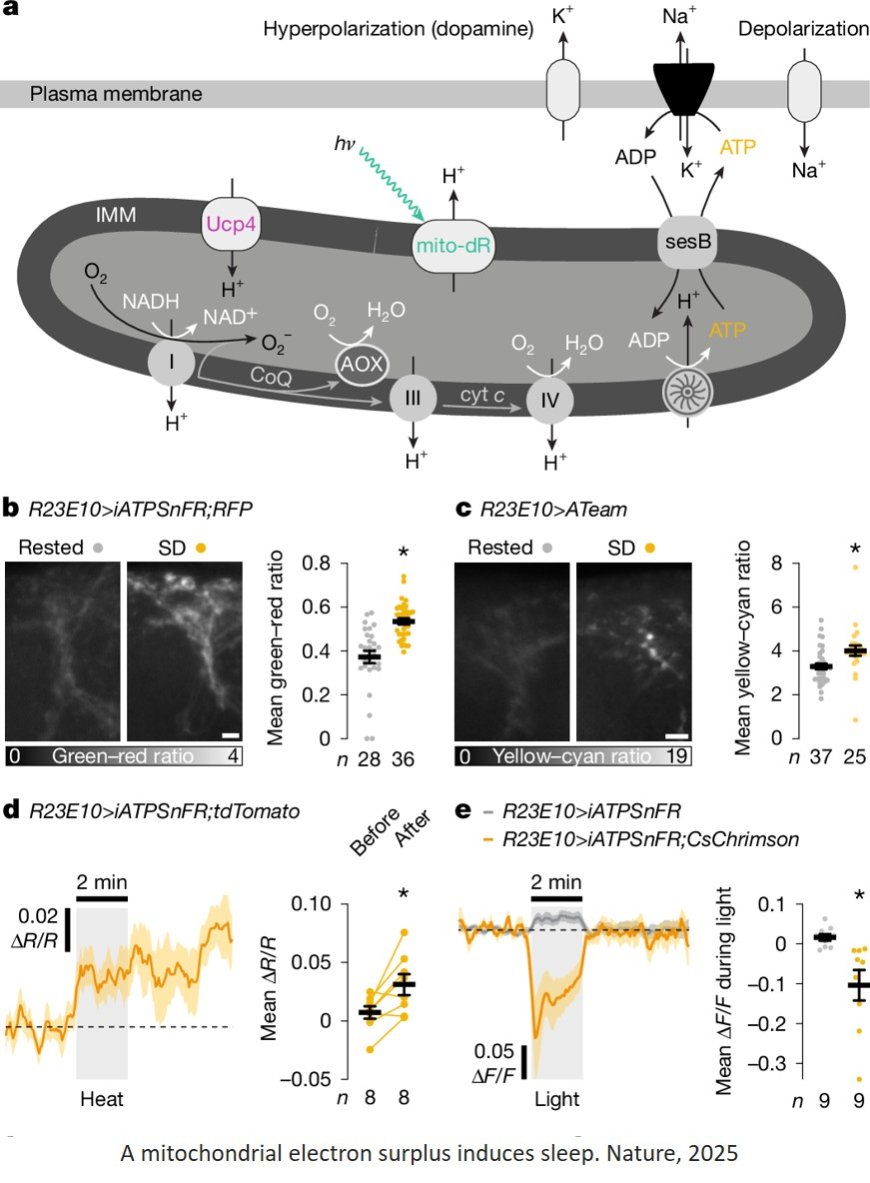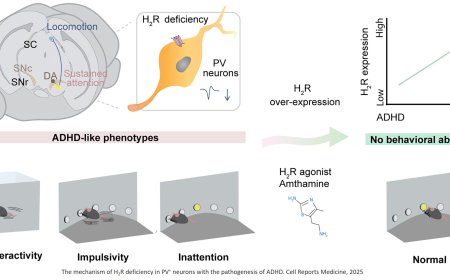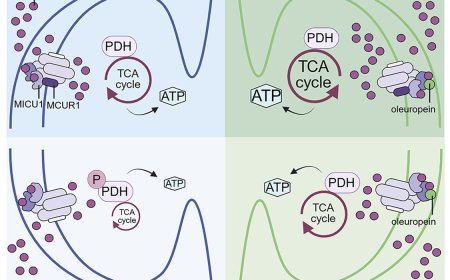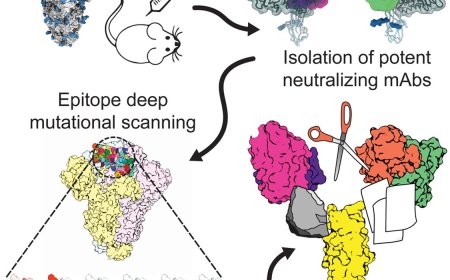Mitochondrial and sleep

The researchers evaluated the transcriptomes of single cells isolated from rested and sleep-deprived flies to understand molecular changes in the brain that may underlie the need for sleep .
The authors show that during sleep deprivation, upregulation of mitochondrial respiration and ATP synthesis transcripts in dorsal fan-shaped body1,2 (dFBNs) but not ubiquitously in the brain, accompanied by mitochondrial fragmentation, enhanced mitophagy and an increase in the number of contacts between mitochondria and the endoplasmic reticulum.
The researchers also demonstrate that all the morphological are reversed after recovery sleep.
Also, uncoupling electron fux from ATP synthesis relieves the pressure to sleep, while exacerbating mismatches between electron supply and ATP demand (by powering ATP synthesis with a light-driven proton pump) precipitates sleep.
The authors believe that sleep, like ageing, may be an inescapable consequence of aerobic metabolism.













